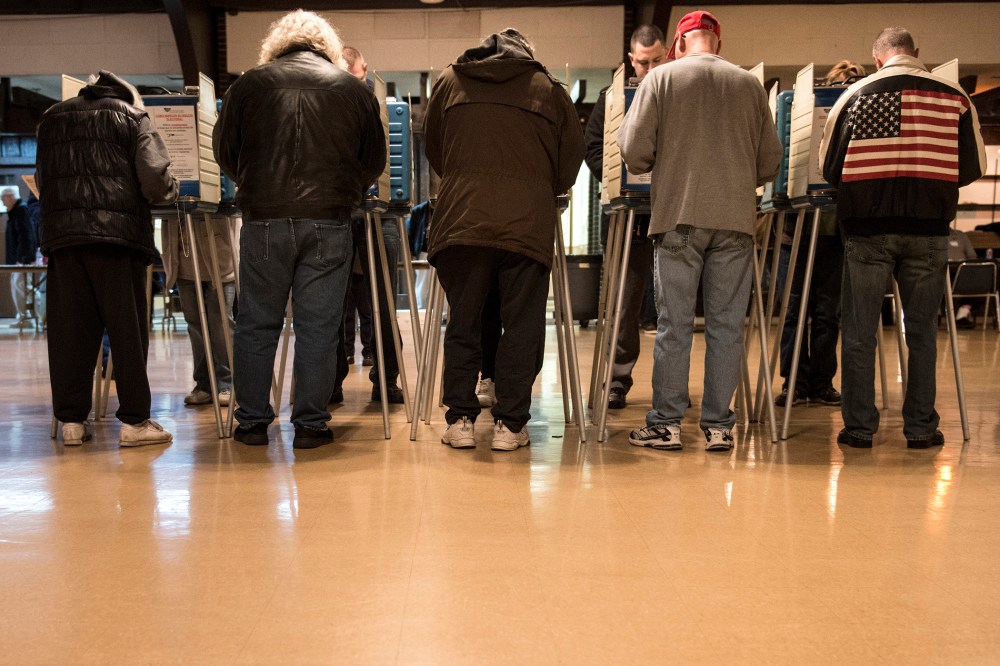It looked for a moment last year as if the debate over voting rights might be shifting decisively in favor of access to the ballot. President Obama was forthrightly calling out Republican voting restrictions; several courts ruled against voter ID laws; and even Sen. Rand Paul—in comments he soon tried to walk back— rebuked his party on the issue. Meanwhile, the empirical case for voting restrictions to combat fraud appeared weaker than ever.
In truth, there were signs even then that this might be a false dawn. And that’s how it’s turned out. Republicans in Congress last month confirmed that, despite an aggressive campaign by civil rights groups, they have no intention of strengthening the Voting Rights Act, which was badly weakened by the Supreme Court in 2013. Meanwhile, GOP officials in Texas, North Carolina, Wisconsin, and Ohio aren’t backing off from high-profile court fights in support of their states’ voting restrictions.
In fact, in several states the GOP is looking to play offense on the issue. Emboldened by their party’s gains in last fall’s midterms, they’re pushing ahead with plans to impose new photo ID requirements for voters.
The efforts suggest that at the state level, where the rules are set on who can vote, blocking access to the ballot is as high a GOP priority as ever.
Nevada looks most likely to be next to join the list of voter ID states. In recent years, several efforts to pass voter ID have been blocked by Democrats, but in November, Republicans gained full control of the state legislature for the first time in decades. GOP Secretary of State Barbara Cegavske told msnbc before taking office in November that she expected to see at least one such bill introduced, and one GOP lawmaker has said he’s actively discussing the idea. Gov. Brian Sandoval, a Republican, is a supporter, too. With its large and growing Hispanic population, this swing state could be pivotal in 2016.











